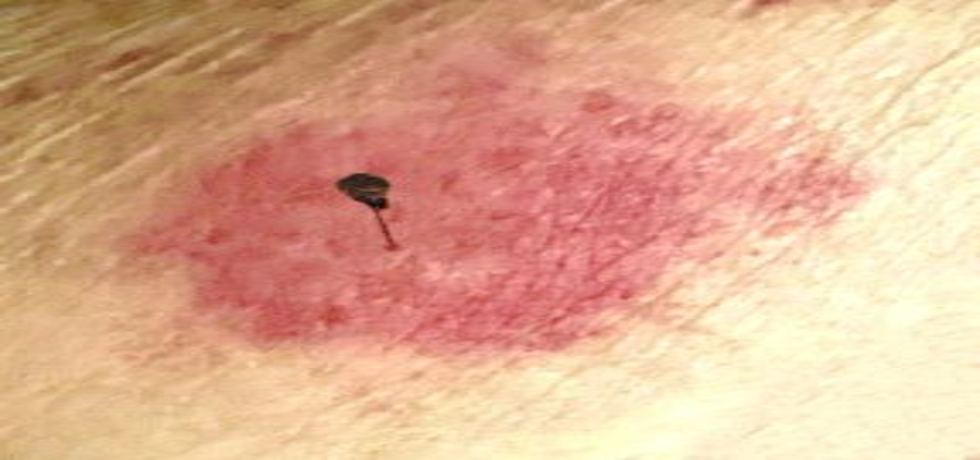
5 Ways to Manage Stinging Insect Allergies
Understanding Stinging Insect Allergies
It’s not uncommon for people to experience some level of sensitivity to insect stings. Most individuals may have mild reactions such as redness, swelling, or itching, but for about 5% of the population, stinging insect allergies can lead to more severe symptoms that drastically affect daily living. Understanding how to manage these allergies is crucialnot only for those who experience them but also for their families and friends. Here are five effective ways to manage stinging insect allergies and ensure you can enjoy the great outdoors safely.
1. Seek Professional Testing
The first step in managing stinging insect allergies is to consult with a qualified allergist. Professional testing can determine whether youre allergic to specific insects like bees, wasps, or fire ants. Once diagnosed, a tailored treatment plan can be developed, ensuring you have all the necessary resources to handle potential allergic reactions effectively.
2. Carry an Emergency Kit
If you are diagnosed with a stinging insect allergy, your healthcare provider will likely recommend carrying an emergency kit containing adrenaline (epinephrine). This kit can prove lifesaving during unexpected allergic reactions. Remember to keep this kit with you especially when engaging in outdoor activities or in areas prone to insects.
3. Consider Immunotherapy
Immunotherapy, also known as allergy shots, can be an effective long-term solution for stinging insect allergies. By gradually exposing your body to increasing doses of insect venom over time, this treatment can help diminish your sensitivity. Speak to your allergist about the possibility of undergoing immunotherapy to achieve lasting relief from allergic reactions.
4. Prevent Insect Stings
Prevention is key when it comes to managing stinging insect allergies. Dress appropriately in light-colored, long-sleeve clothing, avoid floral prints, and stay away from heavily scented products and perfumes. Using insect repellent when you’re outdoors and being mindful of your surroundings can significantly reduce your risk of getting stung.
5. Regular Check-ups
Regular follow-ups with your allergist are essential. These appointments can help monitor your condition and adapt your treatment plan as necessary. This also provides a great opportunity to address any new concerns or changes in your symptoms and ensure you are taking the right precautions.
Conclusion: Prioritize Your Safety
Managing stinging insect allergies is an essential part of enjoying your outdoor activities without fear. By seeking professional help, carrying an emergency kit, considering immunotherapy, taking proactive preventive measures, and scheduling regular check-ups, you can significantly reduce the risk of severe allergic reactions. Always prioritize your safety and dont hesitate to consult a professional if you experience any symptoms.
FAQ about Stinging Insect Allergies
What should I do if I get stung?
If you experience a sting and have a known allergy, use your emergency kit immediately, and call for help. If its a mild reaction, cleanse the sting area and apply cool compresses to reduce swelling.
If you experience a sting and have a known allergy, use your emergency kit immediately, and call for help. If its a mild reaction, cleanse the sting area and apply cool compresses to reduce swelling.
For professional assistance and expert advice from leading dermatologists like Dr. Hital Patel, experience the benefits of managing stinging insect allergies with Hair & Skin Specialist Dr. Hital Patel at The Skin Artistry. Our clinics in PDPU Gandhinagar, Vastrapur Ahmedabad, and Hyderabad (Visiting Consultant) offer top-quality care and personalized treatments. Visit us today to learn more about our services and take advantage of our special offers! For more insights, updates, or to collaborate, stay connected with The Skin Artistry.

